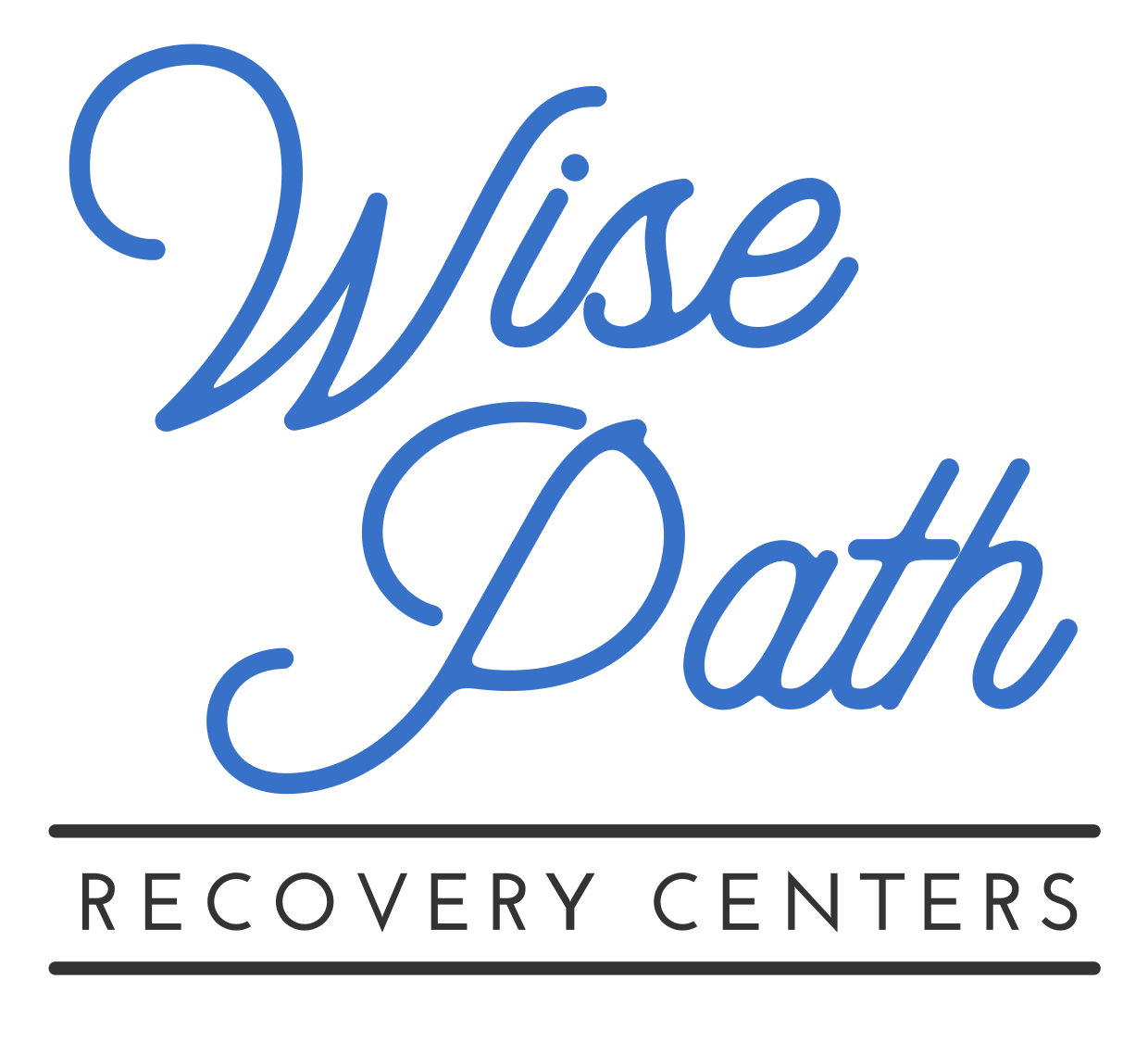When mental illness starts to affect your ability to work, it can be confusing and frightening. You might worry about losing income, disappointing others, or not knowing how to get help. Many people face this same question every day and ask, “What happens if I can’t work due to mental illness?” The answer begins with understanding that mental health struggles are real medical conditions that deserve care and support.
When Mental Health Makes It Hard to Keep Working
Feeling unable to focus, manage tasks, or even show up for work can be a sign that your mental health needs attention. Conditions like depression, anxiety, or trauma can affect motivation, concentration, and energy levels. When these symptoms become overwhelming, it may feel impossible to keep up with job responsibilities.
Taking time to recognize that you are struggling is an important first step. It does not mean you are weak or unmotivated. It means your mind and body are asking for care.
Understanding What Happens If I Can’t Work Due to Mental Illness
If you are wondering what happens if I can’t work due to mental illness, know that you are not alone. Millions of people each year face periods when mental health challenges interfere with their jobs.
Depression, bipolar disorder, and anxiety disorders can limit your ability to perform daily tasks or meet workplace demands. Some people may need short-term leave to recover, while others may require longer support. A mental health professional can help document your condition and guide you toward treatment options and workplace protections.

What to Do If You’re Unable to Work Due to Mental Health
If “yes” is the answer to the question, What if I can’t work due to mental illness, the first step is to reach out for professional support. Speak with a therapist or psychiatrist who can evaluate your situation and recommend next steps.
You may consider:
- Talking to your employer about temporary leave or modified duties
- Applying for short-term disability benefits if available
- Seeking therapy, medication management, or an outpatient program
- Creating a support system of family and friends who understand what you are going through
Taking these steps can make a big difference in your recovery and help you regain stability.
Drug & Alcohol Rehab and
Addiction Treatment in West Virginia
Get in touch with our recovery center today at 866-860-9772
Can Mental Illness Qualify for Disability or Protected Leave
Certain mental health conditions can qualify for medical leave or disability benefits. Under federal laws like the Americans with Disabilities Act (ADA) and the Family and Medical Leave Act (FMLA), employees may be entitled to protections that allow time away from work or adjustments to job responsibilities. If you are asking what happens if I can’t work due to mental illness and need financial support, disability insurance or workplace accommodations may help. Speaking with your doctor and human resources department can clarify your rights and options.
Coping with the Emotional and Financial Stress of Not Working
If you can’t work due to mental health issues, it’s not uncommon to experience stress about money, relationships, and self-worth. Many people feel guilt or shame when they have to step back from their careers, but rest and recovery are part of the healing process.
Try to stay connected with others, maintain a daily routine, and focus on small goals. Managing your emotional health during this time is just as important as addressing the financial side.
Drug & Alcohol Rehab and
Addiction Treatment in West Virginia
Get in touch with our recovery center today at 866-860-9772
How Wise Path Recovery Helps You Heal and Regain Stability
If you’re unable to work due to mental health issues, Wise Path Recovery Centers can help. Our state-of-the-art mental health facility and specialized programs are designed to provide comprehensive treatment through therapy, medication management, and holistic care to address the root causes of your symptoms. Our team will help you build coping skills, strengthen emotional resilience, and regain confidence in daily life so you can move toward recovery and lasting stability.
FAQs About Not Being Able to Work Due to Mental Illness
How do I know when it’s time to take a break from work for my mental health?
If daily tasks feel impossible, your stress is constant, or you find yourself withdrawing from responsibilities, it may be time to take a step back and focus on treatment.
What if I feel guilty or ashamed for not being able to work?
Many people struggle with guilt when their mental health affects their job, but taking time to heal is not a failure. Seeking help shows self-awareness and responsibility.
How can therapy help me feel capable of working again?
Therapy can be extremely useful in helping you identify triggers, develop coping skills, and rebuild confidence so you can return to work feeling more stable and supported.
Can mental illness improve enough for me to go back to work?
Yes. With consistent treatment, many people experience major improvement in mood, focus, and motivation, allowing them to resume work at their own pace.
What kind of support does Wise Path Recovery Centers provide?
We offer personalized mental health care, including therapy, medication management, and holistic support designed to help you regain balance and prepare for everyday life again.

